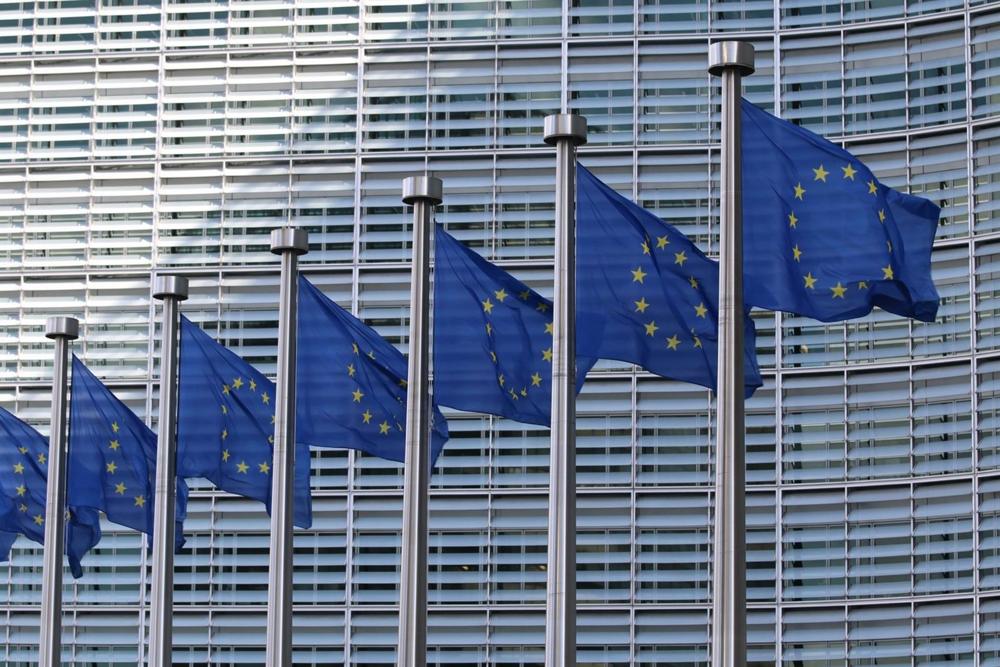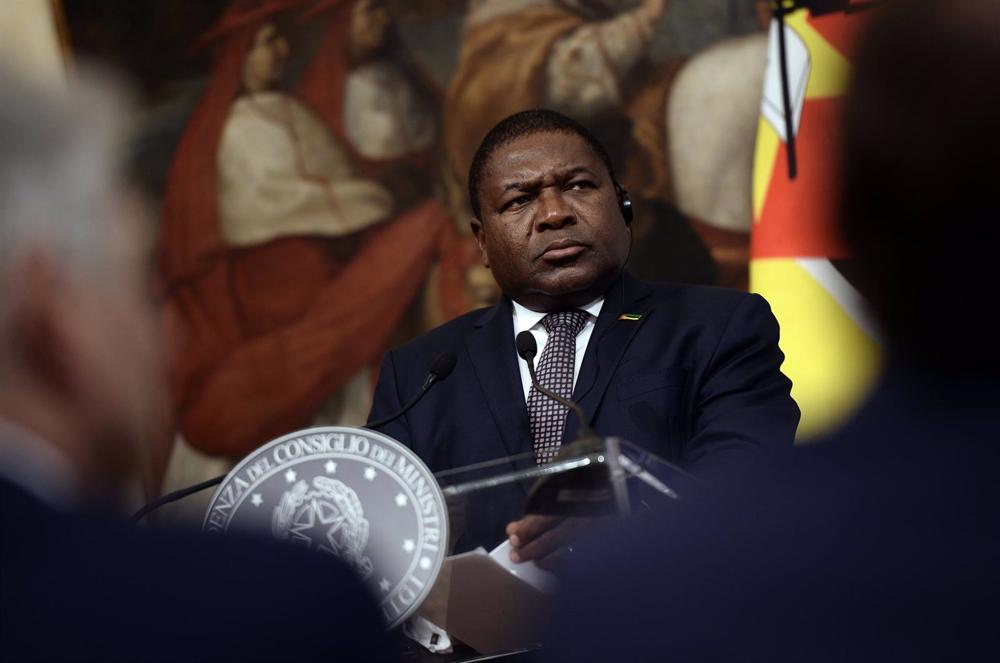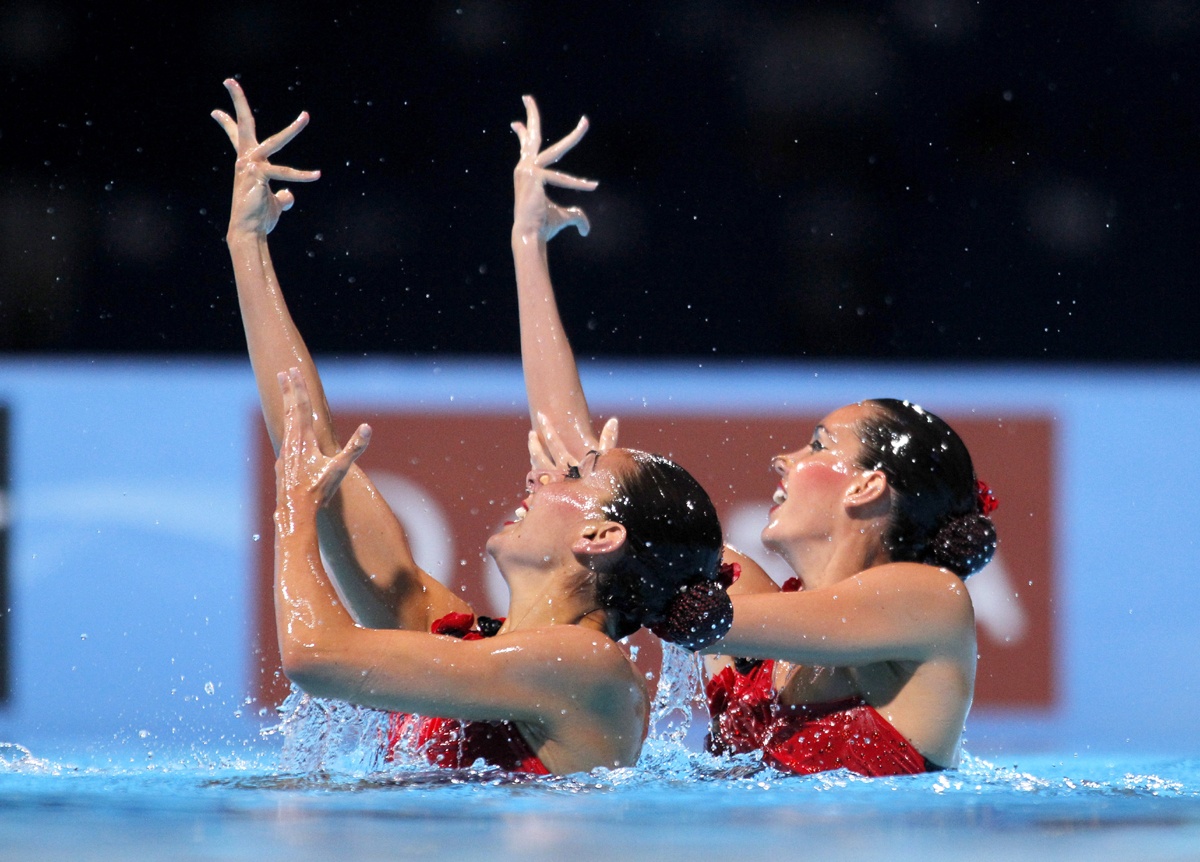
The European Commission has defended this Tuesday in a debate with MEPs that the aviation agreement it negotiated on behalf of the 27 with Qatar was negotiated with full «transparency» and «nothing was done that should not be done», so it sees no reason to paralyze its ratification process as some voices in the European Parliament claim after the scandal of bribes allegedly paid by this country to gain influence in the European institutions.
«From the perspective of how the agreement was negotiated, the transparency in which it was carried out, the consultations, the need to count on the 27 – and its industry – (it was done) in such a way that I cannot see any form of interference or doubtful impact,» said the head of the Community Executive for aviation agreements in the Directorate General for Transport, Carlos Bermejo Acosta, to defend the «transparency» with which Brussels negotiated the agreement with Qatar.
Otherwise the agreement would not have been negotiated, we would have stopped it much earlier», he reiterated, before pointing out that in an international agreement the parties can decide at any time to abandon it, because just as they are «free» to seal it, they are also «free» to «abandon it».
The EU and Qatar signed the agreement in October 2021, after negotiations that lasted between 2016 and 2019, but it is still in a long ratification process that for this type of agreements usually takes years, so it is expected to be provisionally applied while this process is fulfilled.
In fact, in the case of the EU-Qatar agreement, only eight member countries have already ratified it (Czech Republic, Estonia, Latvia, Romania, Ireland, Greece, Hungary and Austria) and until it is concluded in the 27 national parliaments, it will not pass to the European level for the Council to endorse it and the European Parliament to give its consent.
In this context, the community expert also wanted to emphasize that the objective of the negotiated agreement was not to liberalize access to the sector, since there are 23 EU countries with bilateral agreements with Qatar, but to «create a level playing field and ensure fair competition», while introducing «social and environmental» guarantees and avoiding «future distortions in competition».
Likewise, Bermejo Acosta has insisted before the questions of the MEPs of the Parliamentary Committee on Transport that throughout the negotiation Brussels informed, consulted and agreed the positions with the Member States and their respective aviation sectors to ensure that the result was satisfactory for all.
Source: (EUROPA PRESS)






